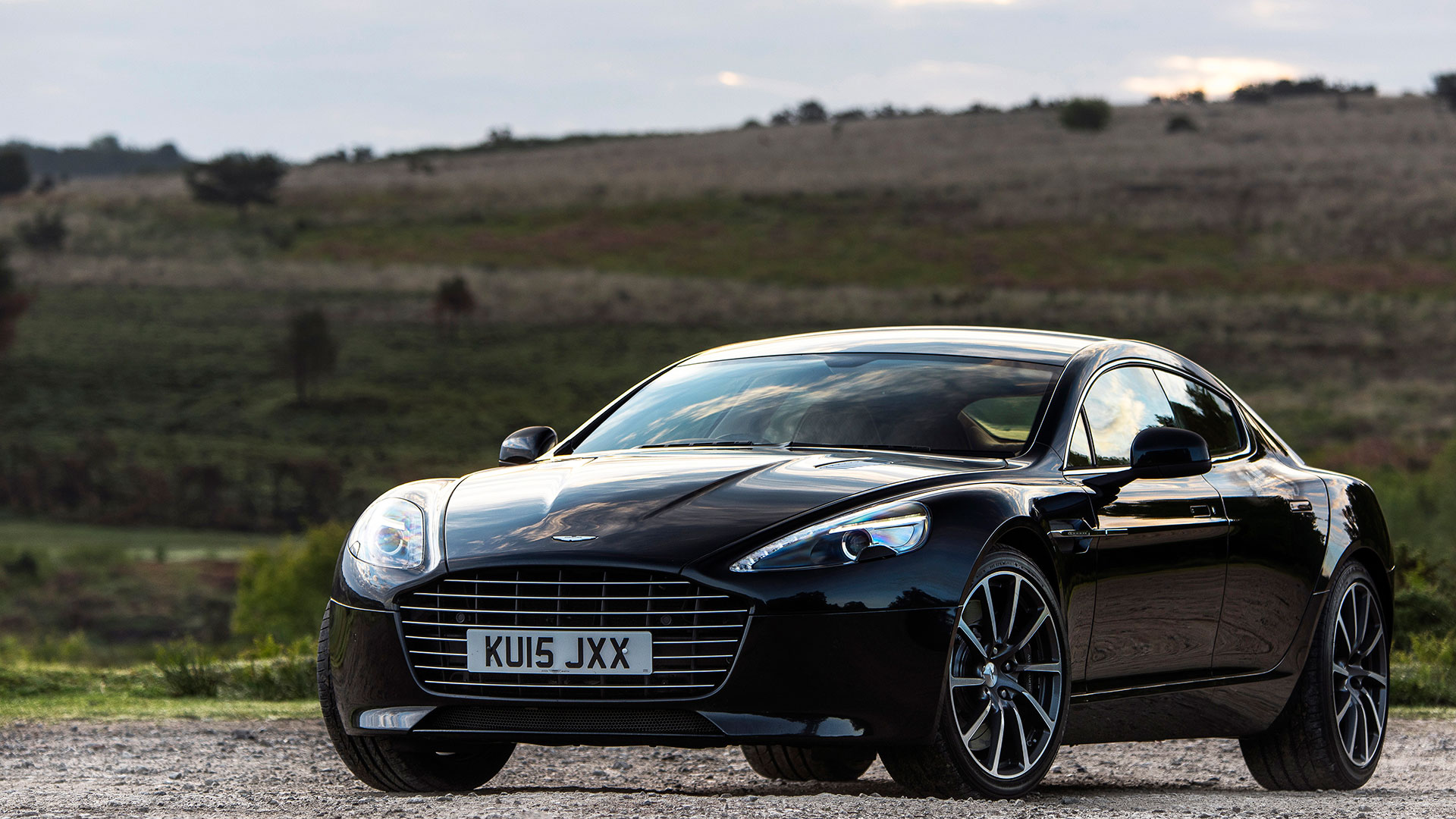

They’ll get green with a little help from their friends. Aston Martin’s plans to build an electric car will be facilitated via a freshly announced partnership with Chinese technology group LeEco, the two companies announced February 17.
“It brings Aston Martin’s electric car project forward,” Aston Martin CEO and noted electric car-related profanity advocate Andy Palmer said of the joint venture during a Frankfurt press conference. Together, the two companies plan to bring an electric-powered version of the Rapide S sedan to production by 2018 or so; future electric vehicles from both companies are likely to follow.
The news hardly comes as (brace for incoming pun) a shock. While Aston Martin has been discussing electric vehicles for a while, their first real-world dalliance with building an electric version of the Rapide came several months back, when it whipped up a prototype with the help of Britain’s Williams Advanced Engineering. At the time, we heard that a production version could generate as much as 1,000 horsepower, a thought that gave us the sort of happy shivers thinking about electric cars rarely does.
Interestingly enough, the Aston/LeEco partnership is expected also to partner with mysterious electric car company Faraday Future, which has some very deep-pocketed Chinese backers. Does this mean the electric Rapide S will share technology with the top-secret hatchback/van Alex Roy caught a glimpse of? Will it be capable of driving itself? And most importantly, will it seriously have 1,000 horses? Because if it looks like a Rapide and has quadruple-digit horsepower, we don’t care if it’s powered by orphans’ tears—we’ll still want to try it out.